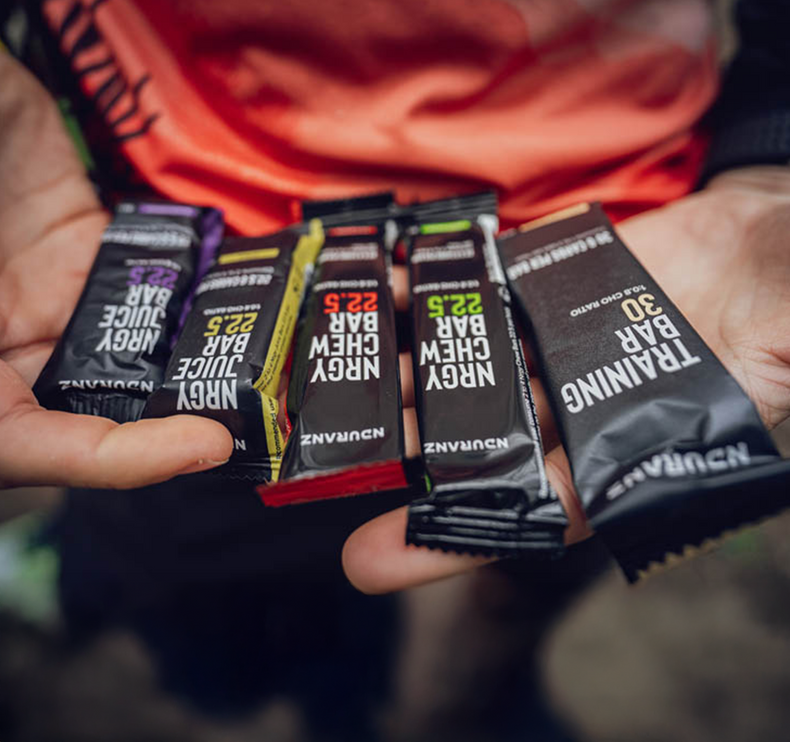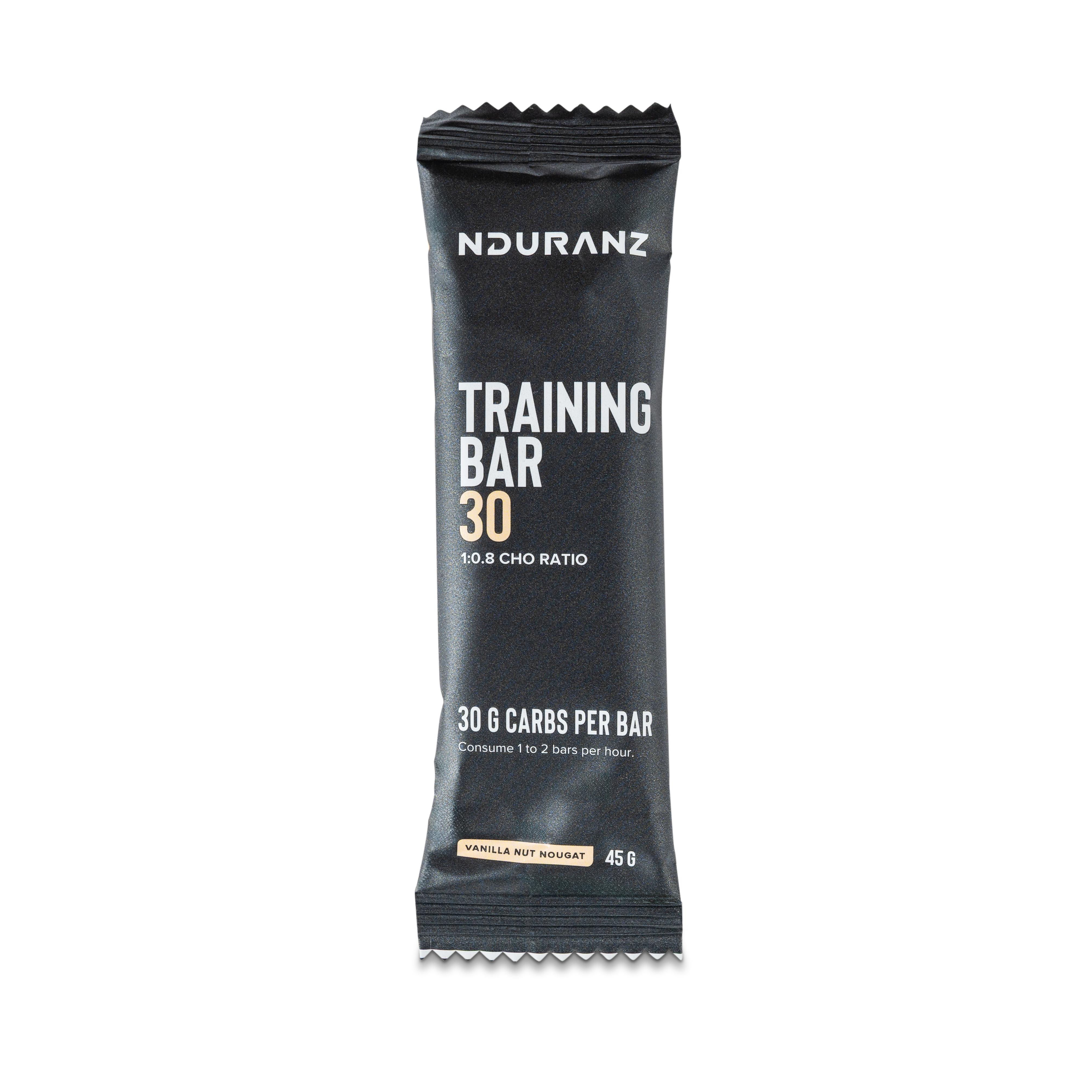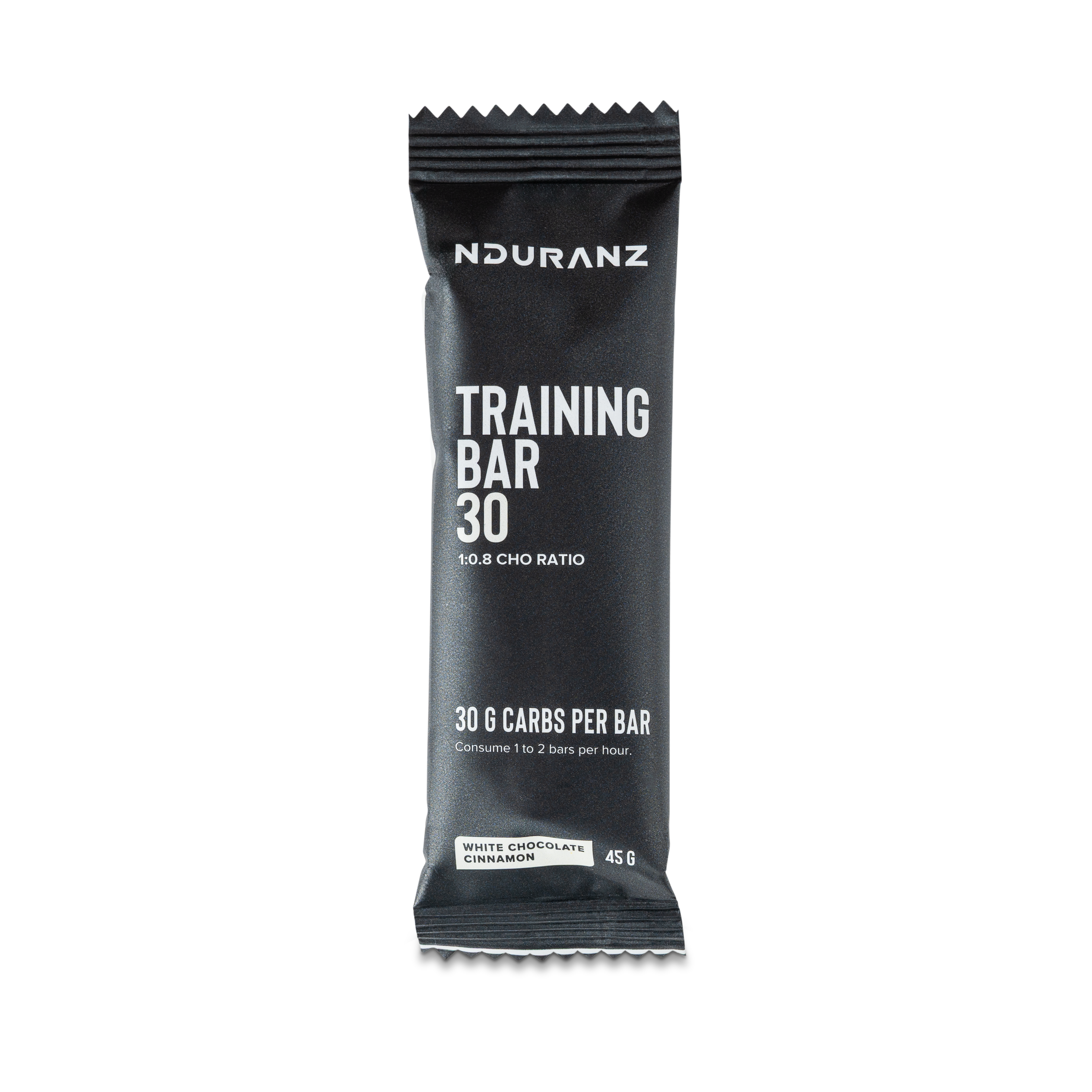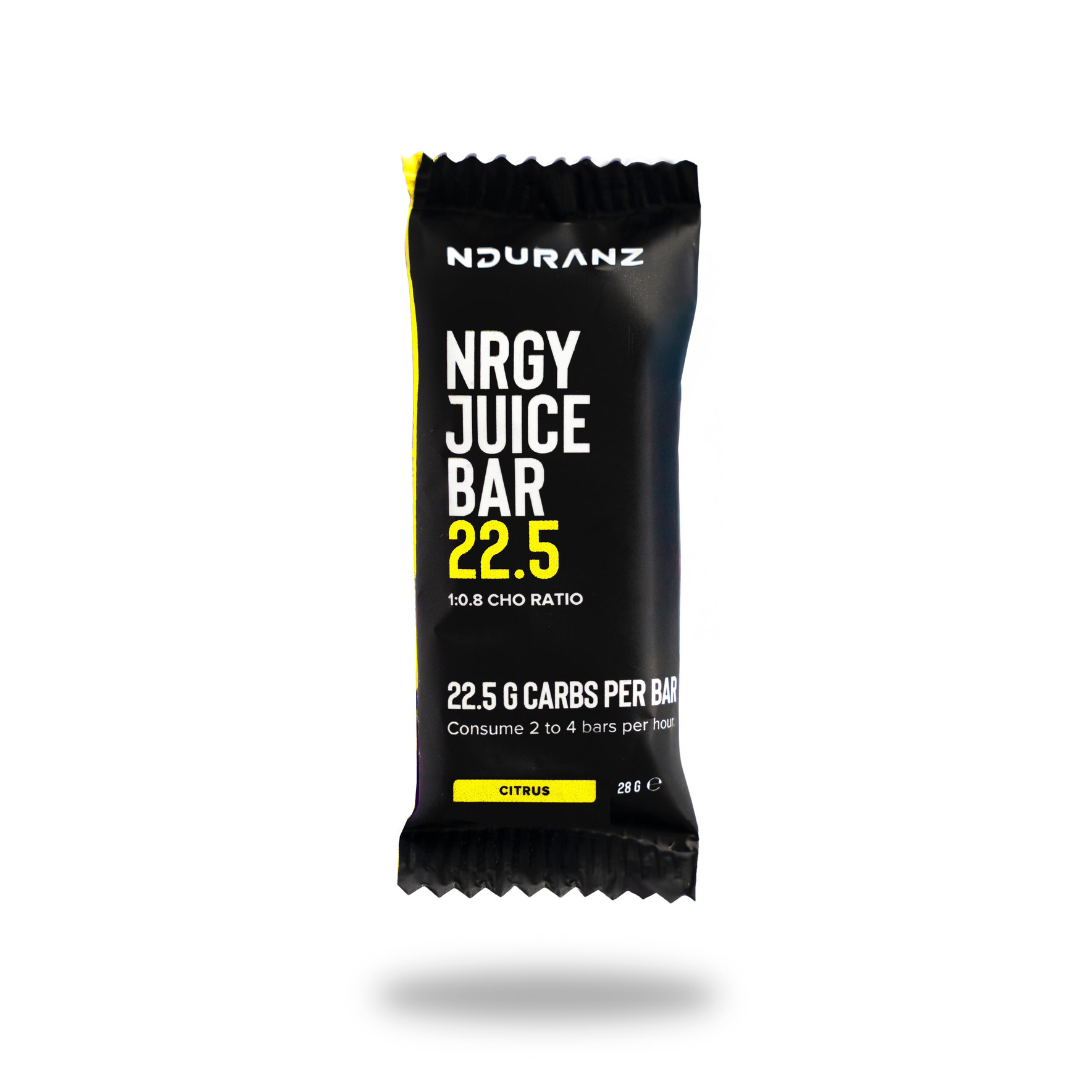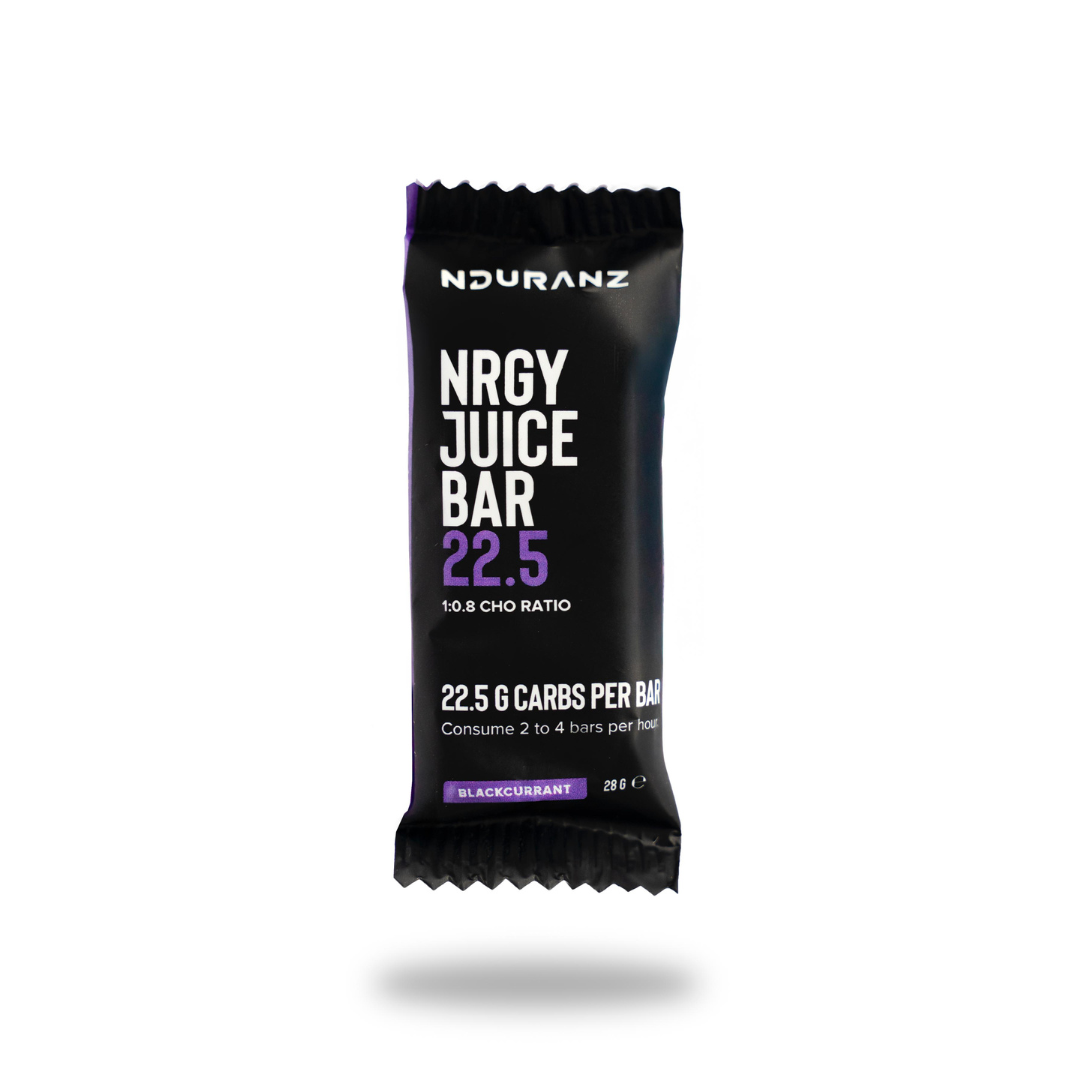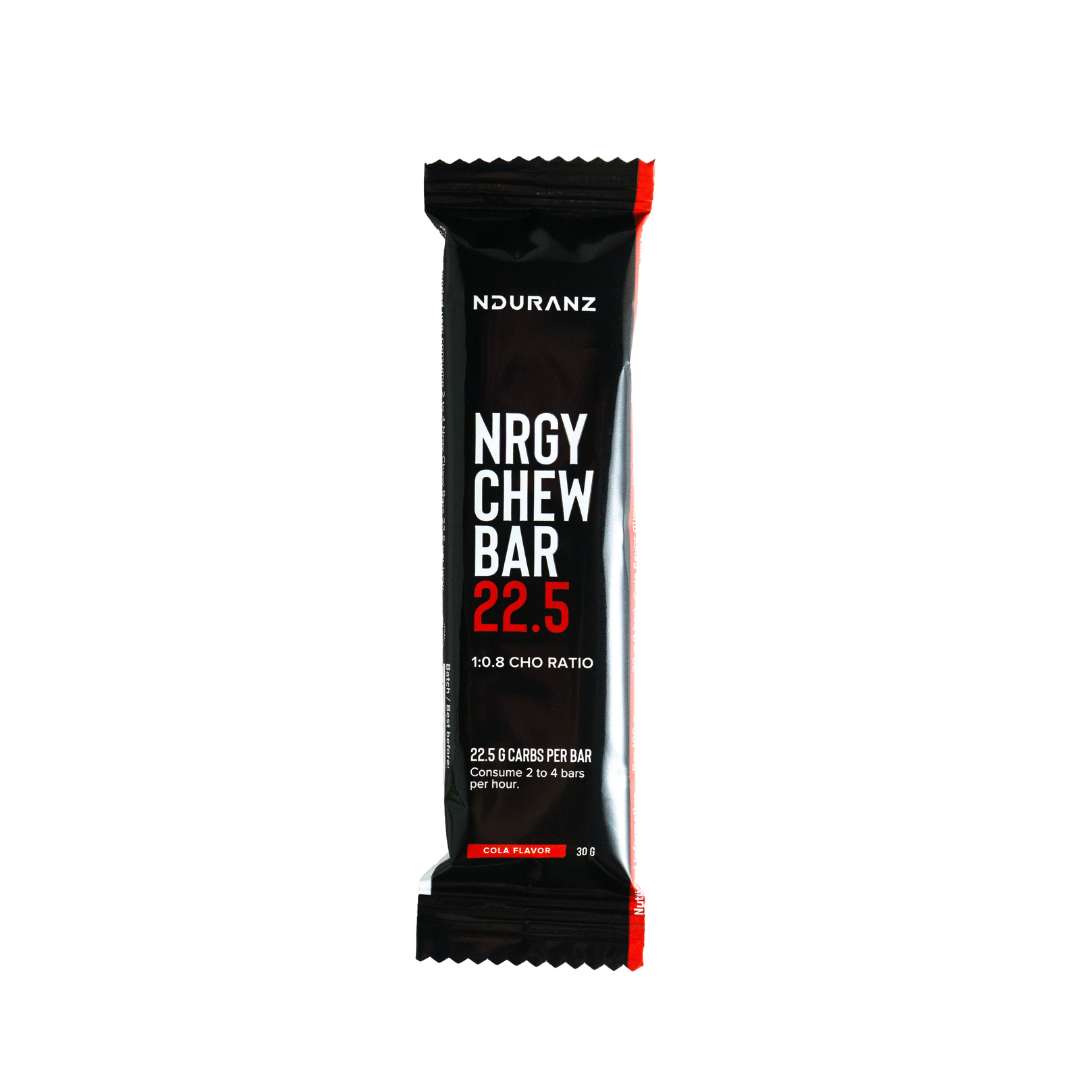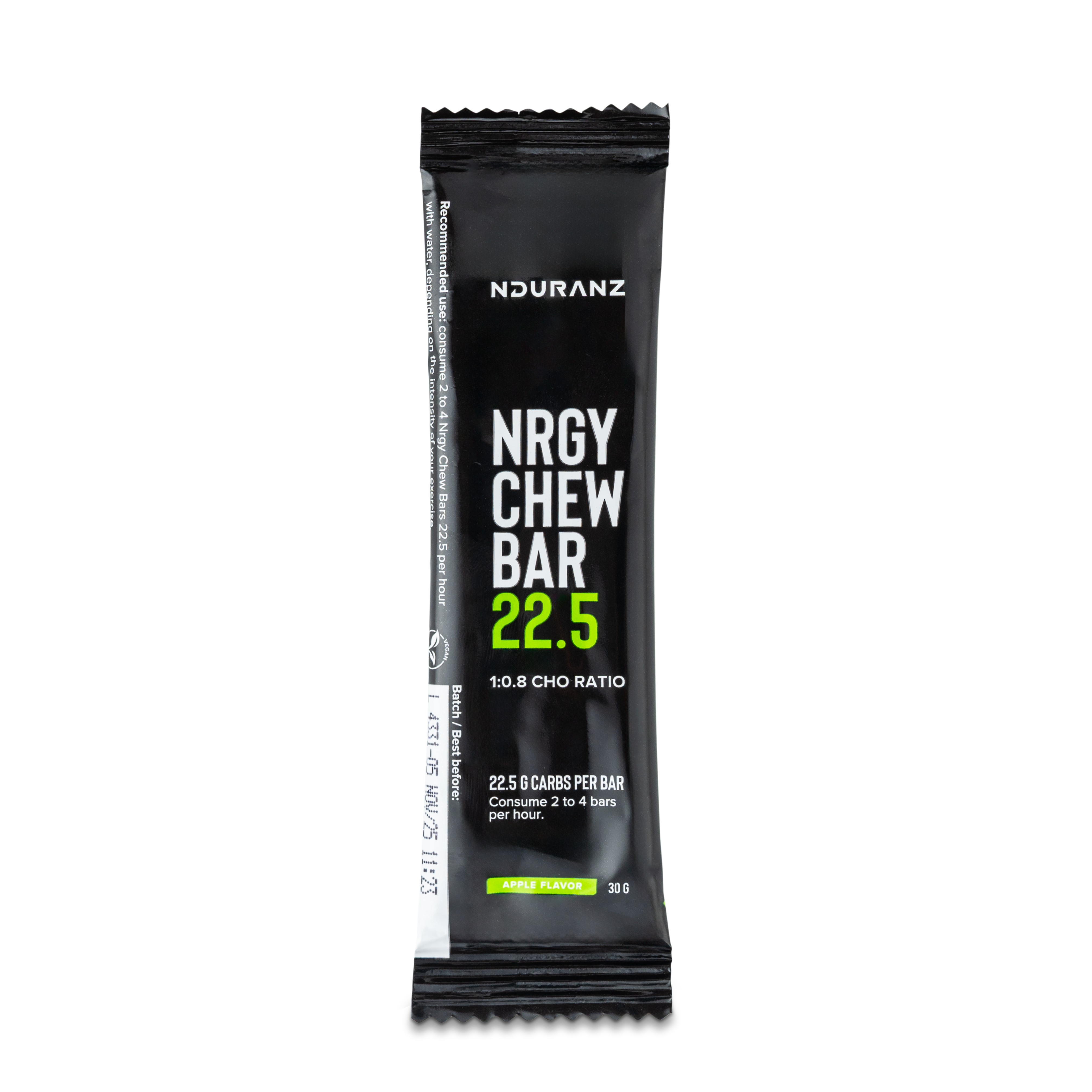Energy Bars
Stay fueled in training and races with energy bars formulated for optimal absorption and easy digestion.
About Energy Bars
What are energy bars?
Unlike regular snack bars, energy bars are formulated to provide a quick source of energy without overloading the stomach. Energy bars, when formulated for endurance athletes, typically contain simple carbohydrates such as maltodextrin, dextrose, fructose, or natural sources of carbohydrates like dates.
What’s the difference between protein bars and energy bars?
Protein bars are formulated to support recovery and muscle repair, so they have a higher concentration of protein. Energy bars, on the other hand, are built for fueling. They typically don’t have protein because it slows digestion, which delays energy delivery to working muscles.
When should you use energy bars?
Athletes typically use energy bars for fuel during endurance exercise lasting longer than 90 minutes. For shorter sessions, additional carbohydrates typically aren’t necessary because the body has enough glycogen stored for fuel. However, energy bars can also be used before or during training sessions for an energy top-off.
What should you look for in a good energy bar?
The best energy bars for endurance fueling should contain only fast-absorbing carbohydrates, ideally in the 1:0.8 glucose-to-fructose ratio for optimal absorption. It’s also important that they don’t contain protein, fat, or fiber, as these slow digestion and increase the risk of stomach discomfort. For easier training sessions or shorter efforts, energy bars with some slow carbohydrates, protein, fat, and fiber are fine, as digestion speed is less critical.
Are energy bars good for running?
Yes, energy bars can be used for running—but with some considerations. Solid foods can bounce around in the stomach during high-impact sports like running, leading to GI discomfort. To avoid this, it’s important to choose an energy bar with a very soft texture that only contains fast-absorbing carbohydrates
What’s the difference between Nduranz energy bars?
Nduranz makes three different energy bars to meet different needs:
-
Nrgy Chew Bar 22.5 – This energy bar has a very soft texture and only contains fast-absorbing carbohydrates in the 1:0.8 glucose-to-fructose ratio, so is suitable for endurance sessions.
-
Nrgy Juice Bar 22.5 – This bar has an even softer texture, making it ideal for runners or athletes who need a solid fuel bar that’s easy to chew and digest.
-
Training Bar 30 – This energy bar contains a blend of both rapid and slower carbohydrates, plus small amounts of protein and fiber, so it is better suited for easier training sessions when you want both immediate and sustained energy.
Why don’t Nrgy Bars contain fiber or protein?
For performance fueling, the Nrgy Chew Bar 22.5 and Nrgy Juice Bar 22.5 purposely don’t contain any fiber or protein. Both of these slow digestion, which means delayed energy delivery and an increased chance of gastrointestinal discomfort.
Are Nduranz energy bars vegan?
Yes, all Nduranz energy bars are 100% vegan-friendly.


